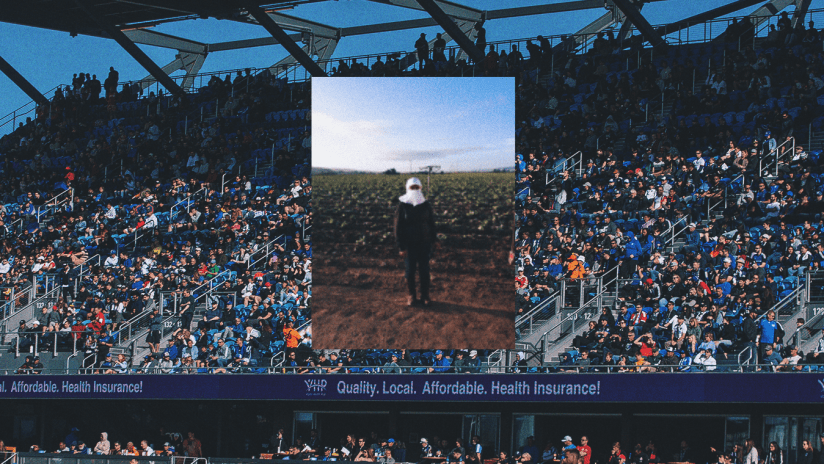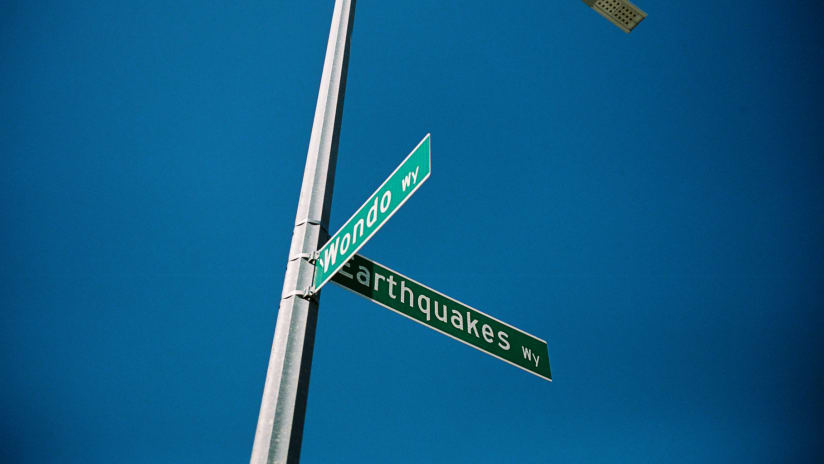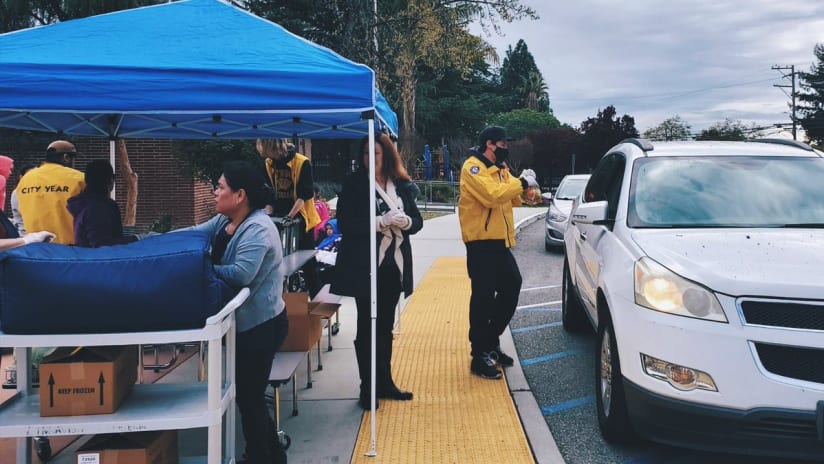Agricultural workers are not only the backbone of the nation’s food security but are also some of the most hardworking individuals in the country. With 75% of active farmworkers lacking work authorization, according to a recent report by The New York Times, and a contagious global pandemic threatening human lives, the risk has never been greater.
Just like the hundreds of thousands of Californian field workers, Maria Elisa continues to work in the Salinas Valley fields, known as the “Salad Bowl of the World,” risking her family’s income and health while expecting nothing in return. We had the opportunity to talk with her about how the COVID-19 pandemic has affected her day-to-day life and work.
SJEarthquakes.com: Tell us what you do for work.
Maria Elisa: “I work cropping and packing lettuce in Salinas, and around Monterey County.”
SJEQ: What kind of restrictions has COVID-19 put on your job?
ME: “There have been some changes across the company, but not enough. They instruct us to keep our distance, wash our hands, etc. but that’s it. They ask everyone to cover their faces, but we [women] already do that, so it does not help too much.”
SJEQ: What is your day-to-day look like at work during these times?
ME: “It’s pretty much the same, but I feel very unsafe because even though you do your part, it just doesn’t feel like it’s enough. I am often scared because I work in a group of 35 coworkers, and even if you do as much as possible to be safe, we don’t have enough restrictions set in place out here. It’s not safe at all. Regardless if you have to wash your hands 1,000 times, or us women wear extra protection on top of the field head coverings that we already wear on a daily basis. When we do try wearing both a face mask and our head coverings you feel suffocated and its uncomfortable.”
SJEQ: Have your coworkers been affected any differently at work?
ME: “I think we all feel the same way. Our work hours have also been cut in half, so that affects our income significantly since most of us only have one job.”
SJEQ: What has been the most challenging aspect of working under these new conditions? What have been the positives for you?
ME: “Go to work. Why? Because you’re running the risk of being exposed. I don’t think there’s enough support for us, which makes our jobs more difficult than what it already is.
On a positive note, I am blessed to have a job to go to, because many people don’t have that opportunity anymore unfortunately. Even if our work hours have been cut in half like they’ve now done, I still try to see the positive side to it. This is my only job. I also cherish my time with family and my son, who I get to see when I get home every day.”




